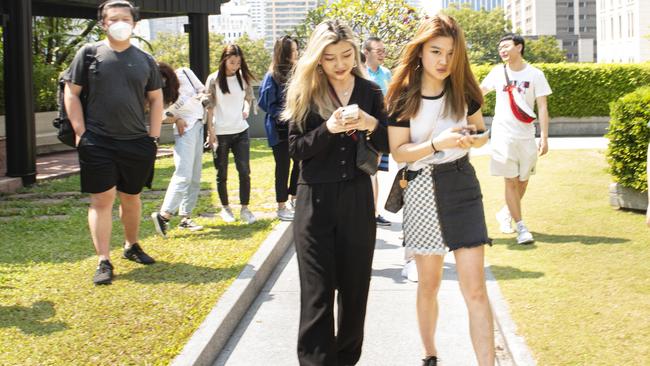
And it looks like it is working because inquiries from potential tertiary students coming out of China next year indicate that student numbers may go close to returning to 2019 levels.
But, as I explained earlier this week, much work needs to be done to have the universities ready.
And if the students come then, in time, the tourists will follow.
China’s President Xi Jinping and his supporters, in spreading fake warnings, may have made their first major mistake in the campaign to punish Australians.
But neutralising their efforts is a major exercise that will take more than the help of our local Chinese community. Australia will need skilled use of all its negotiating advantages to lock in current trends.
We must also be aware that the Chinese president-for-life, Xi Jinping, is surprisingly under the pump and, in some areas, his opinions are being challenged. That may be a reason for his mistake.
While Australia needs to be a close defence partner with the United States, our interests are not the same, because our prosperity depends on trade with China. Part of the reason for this dispute is that our Foreign Affairs department has not always understood this Australian fact of life and the task balancing the US and China views is now harder because China is much more assertive in the region.
We need to remind ourselves why the Chinese are so angry with Australia. Whether it be former prime minister Kevin Rudd, former foreign minister Julie Bishop or senior foreign affairs officials we have been lecturing China about how they should run their country for many years and the Chinese hate it. And so, when we demanded a totally justified inquiry into the origins of COVID-19 they exploded. And our Hong Kong statements, and the banning of Huawei also didn’t help
China responded first with restrictions on certain abattoirs, then a barley tariff followed by a warning to Chinese students and tourists going to Australia that there was extreme racism Down Under. Then they followed that up by stating that students and tourists might be infected by COVID-19 because of our infection rates.
It’s never hard to prove that you are not racist, but our COVID-19 infection rates are among the world’s lowest. Our universities need to encourage the current local Chinese reaction and perhaps harness its power in student marketing.
A more vigorous approach
Meanwhile, that local Chinese reaction sets the scene for a more vigorous approach to the issue. The corporate strategy manuals say when you are in a dispute, first look around for your close friends, which in this case means going further than the Chinese community.
It’s ironic that the attacks on Australia come at a time when China and President Xi are actually more dependent on Australia than has been the case for some time. China had hoped to restimulate its economy via consumer spending, but it has discovered that it also needs infrastructure investment and that means that additional steel is required.
For some time China has been fostering iron ore output in Brazil to lessen dependence on Australia. But the Brazilian COVID-19 outbreak has hit its iron ore production, so China is once again is very dependent on Australia, which compounds their frustration.
BHP’s Mike Henry and Fortescue’s Andrew Forrest have widespread contacts in China and we should use those contacts to help quieten the situation. West Australian Premier Mark McGowan also has strong Chinese contacts which should be harnessed.
And then, more controversially, we need to recognise that Victoria via its membership of the ‘Belt and Road’ initiative in a position to help both Victoria and the nation in trade matters.
The foreign affairs public servants hate the Victorian action, but given Canberra’s actions have unnecessarily hurt Australian trade, the nation needs all the help it can get to rectify those mistakes.
Recognising an asset
At Kirribilli House, Prime Minister Scott Morrison recently had a Tasmanian whisky with Victorian Premier Daniel Andrews.
I know the Prime Minister hates Victoria’s link with China via Belt and Road but he should meet again with Daniel Andrews to see if Victoria can use its Chinese contacts to help restore our tertiary student export industry and later tourism.
Victoria certainly has a big stake in both markets and our second largest state by population will be one of the major Australian sufferers if the Chinese student population declines and the tourists don’t come back.
I would argue that Victoria’s membership of Belt and Road, if used intelligently, is a trade asset we should not ignore.
I fully concede that many readers will disagree because they believe Victoria has wrongly strayed into foreign policy. But while Daniel Andrews is Premier the policy is not going to change and when a nation is involved in a high stakes dispute it needs all the assets it can muster.



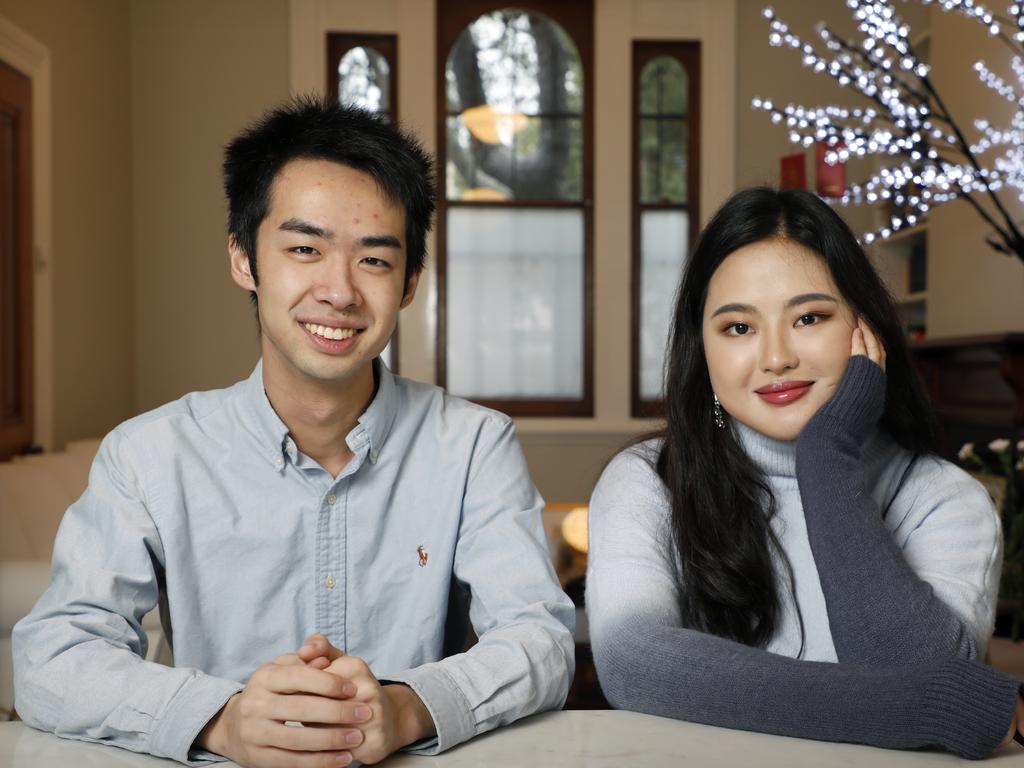
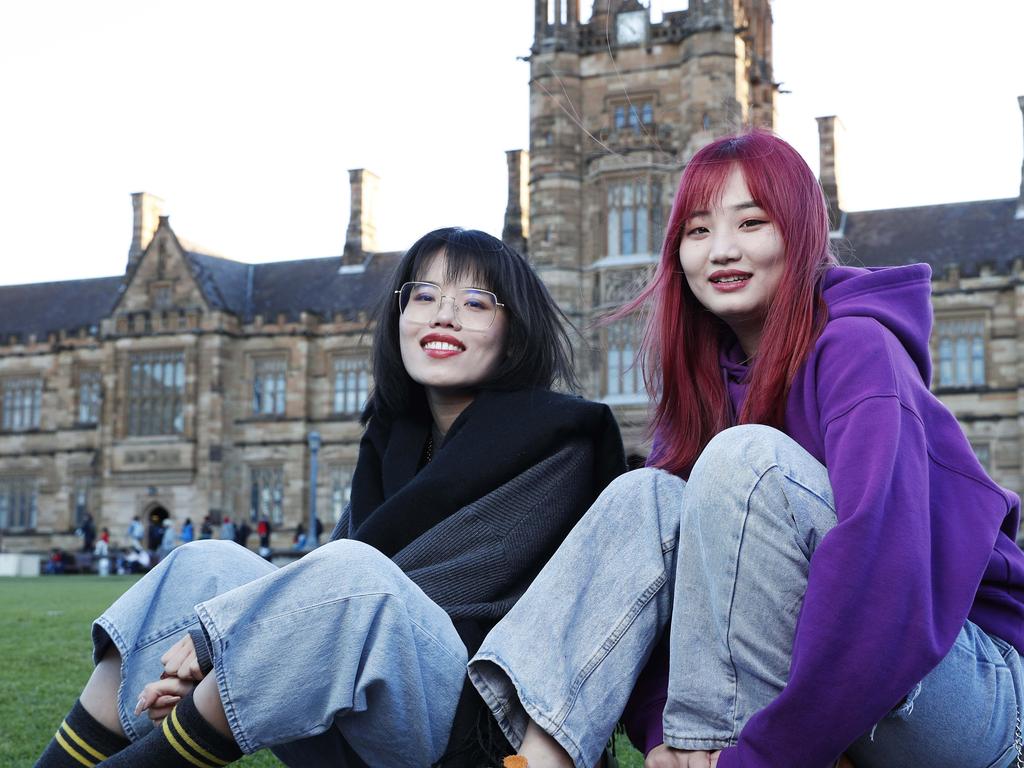
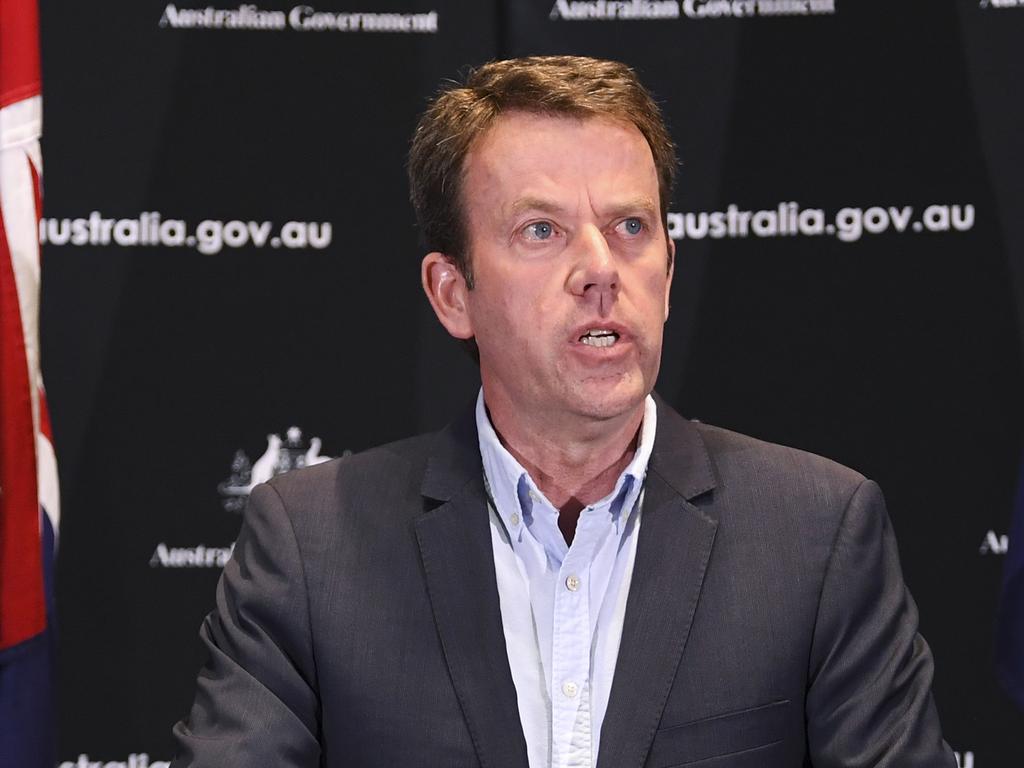
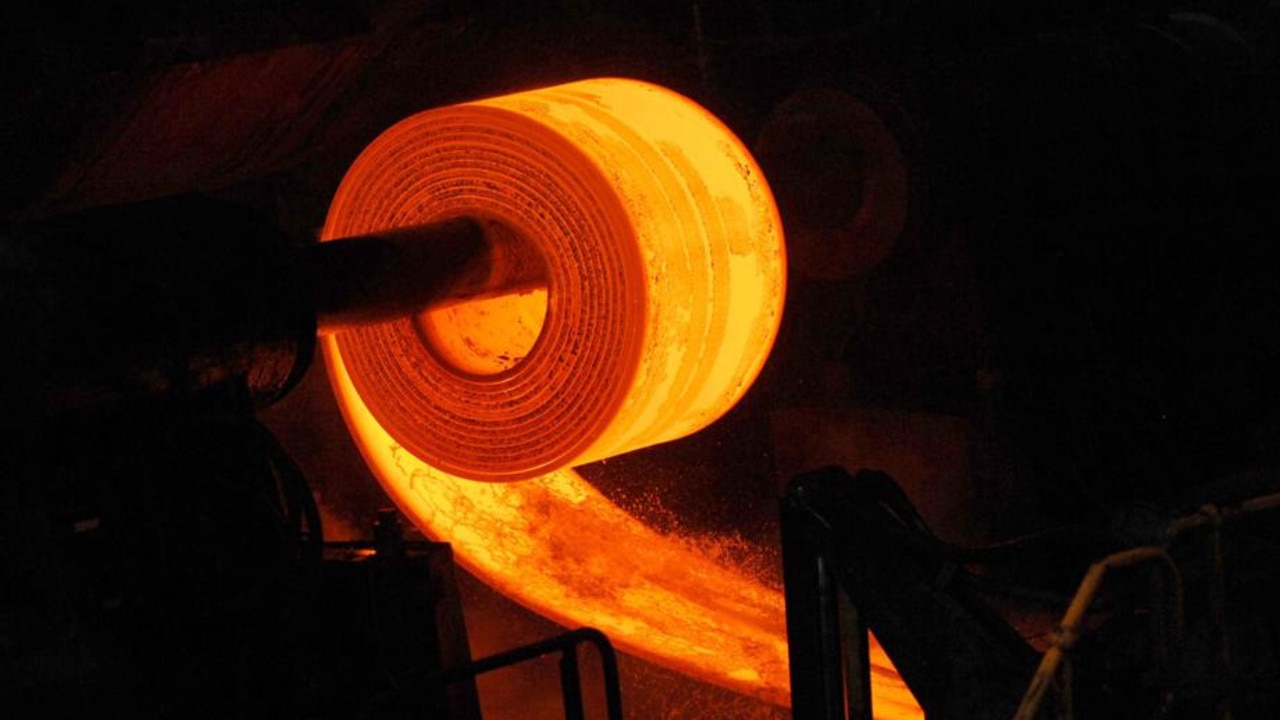
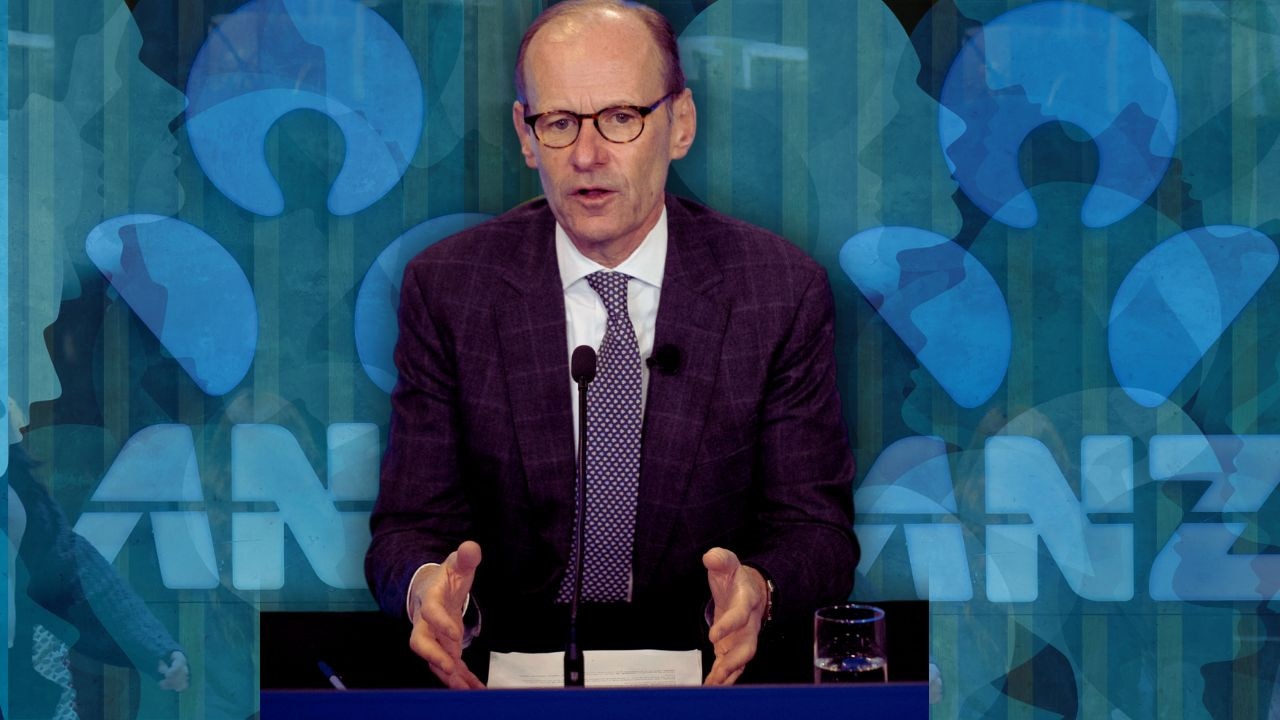
I bring exciting news for Australia’s third largest export industry, the beleaguered university sector. Segments of the local Chinese community are now communicating to their friends and contacts in China explaining that Australia is safe. Racism exists, but is isolated, and the COVID-19 infection rate is one of the lowest in the world.